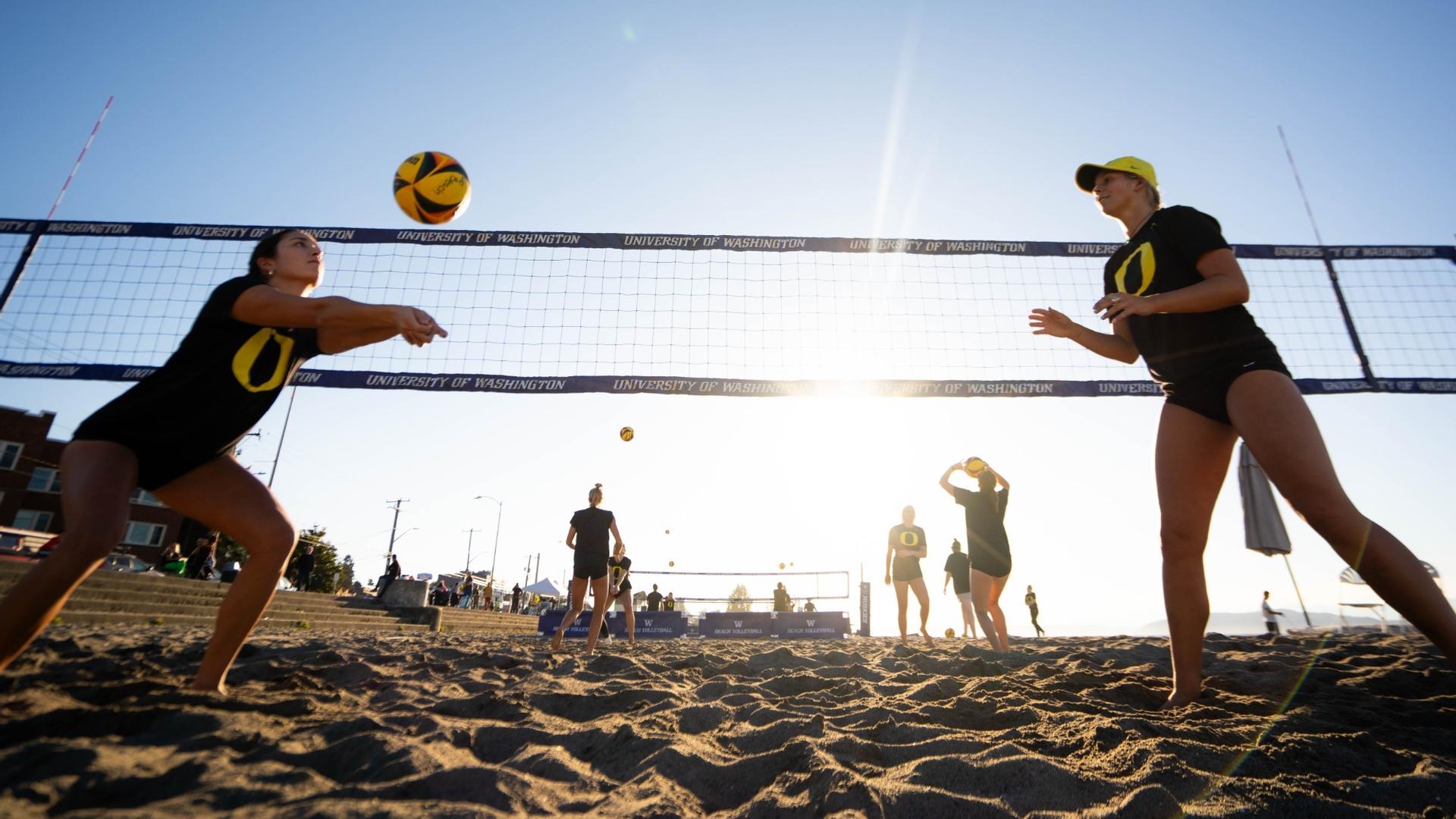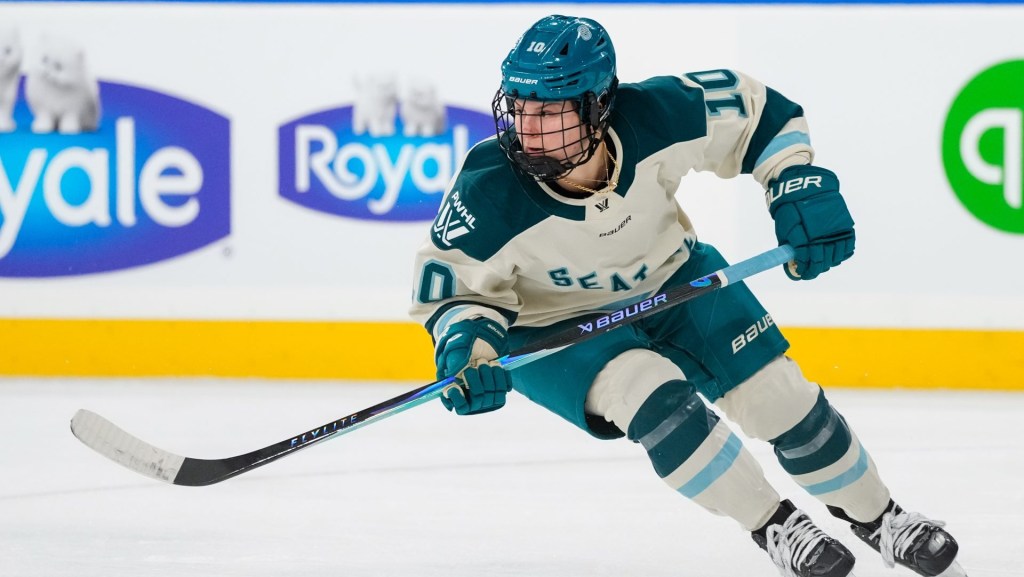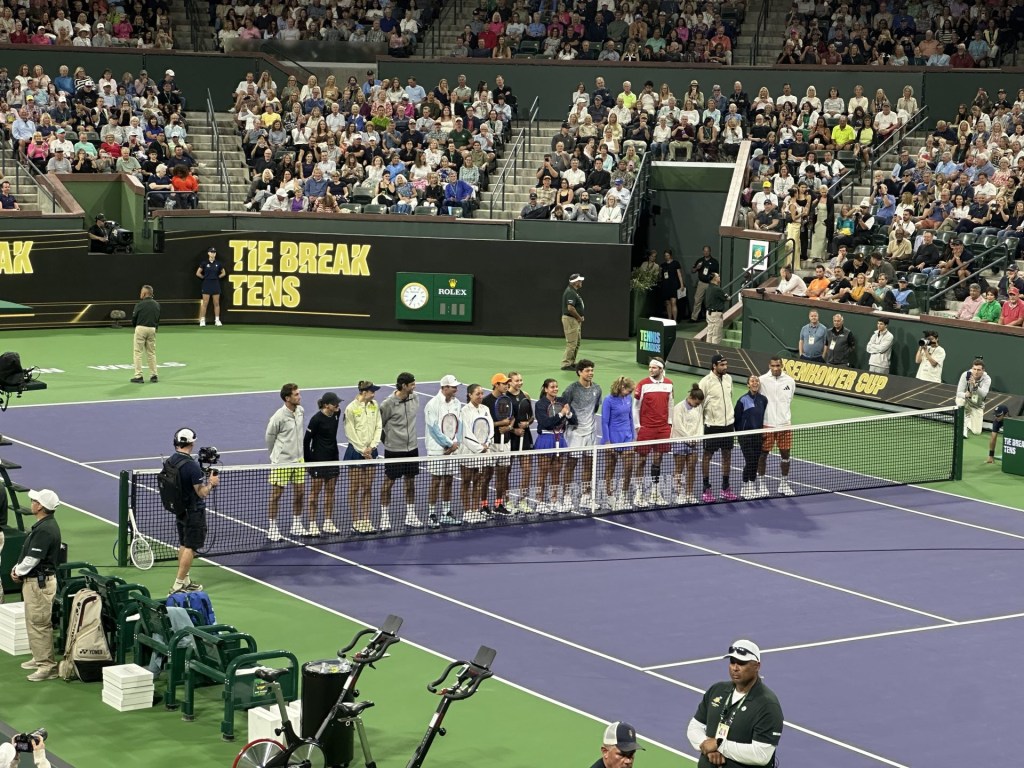On Friday, 32 University of Oregon athletes, both at the club and varsity level, filed a Title IX lawsuit against the University of Oregon.
The lawsuit could provide the first ruling on whether NIL activities — including funding from collectives — are subject to Title IX, the federal statute requiring gender equity in college sports. It’s one of the biggest unanswered questions in the NIL era.
Renowned NIL attorney Arthur Bryant is one of the lawyers representing athletes on the case.
The lawsuit, which focuses on beach volleyball and club women’s rowing, makes several allegations of inequity that relate either directly or indirectly to NIL.
The complaint alleges that the support athletes receive for NIL activities — like education and help with social media promotion — falls under the requirement that athletic departments provide equitable “publicity” between men’s and women’s athletes.
But it doesn’t stop there.
“Oregon provides its male student-athletes with much greater NIL-related training, opportunities, and income than its female student-athletes,” the lawsuit alleged. It included the work and services provided by Oregon’s NIL collective, Division Street, and NIL marketplace Opendorse.
Therefore, the lawsuit appears to categorize not only athletic department NIL education resources, but also NIL earnings made through Division Street and Opendorse, as subject to the federal statute. Opendorse and Division Street are not defendants in the case, however.
“The University believes it complies with Title IX,” the University of Oregon said in part in a statement. Representatives for Division Street and Opendorse did not immediately respond to emailed requests for comment.







![[Subscription Customers Only] Jun 15, 2025; Seattle, Washington, USA; Botafogo owner John Textor inside the stadium before the match during a group stage match of the 2025 FIFA Club World Cup at Lumen Field.](https://frontofficesports.com/wp-content/uploads/2026/02/USATSI_26465842_168416386_lowres-scaled.jpg?quality=100&w=1024)
![[Subscription Customers Only] Jul 13, 2025; East Rutherford, New Jersey, USA; Chelsea FC midfielder Cole Palmer (10) celebrates winning the final of the 2025 FIFA Club World Cup at MetLife Stadium](https://frontofficesports.com/wp-content/uploads/2026/02/USATSI_26636703-scaled-e1770932227605.jpg?quality=100&w=1024)








